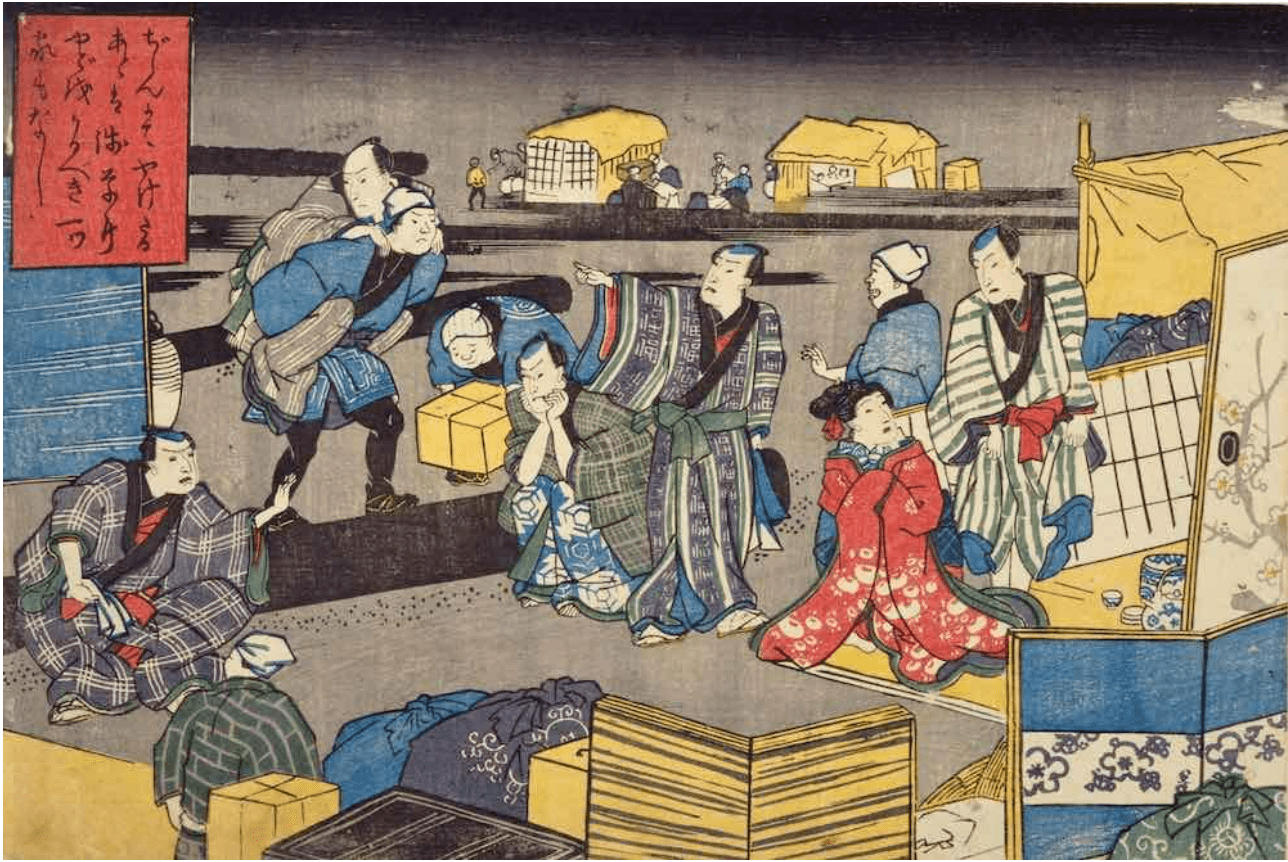Asking whether Japan is oppressive is no small question. It suggests a nuanced examination of a country known for its politeness and order.
Having recently visited Japan I find myself grappling with this very question, and the answer, at least in my view, is not as straightforward as one might expect. Here’s a closer look at what makes Japan tick, and why the answer to whether it is oppressive might be more complex than it seems.
The Japanese Obsession with Rules
One of the first things that strikes you about Japan is its seemingly obsessive adherence to rules. At first, this might seem quaint or even charming, but it can quickly become bewildering. A prime example is my experience in Fukushima, where commanding a large group the option to diverge from our path was an impossibility.
Similarly, the lack of public trash cans in Tokyo can be traced back to a terrorist attack involving a cult that used them for their purposes. By this logic, would we see a ban on toilets if they had been misused in an incident?
Further Reading: Young Pioneer Tours: Fukushima Experience
Passive-Aggressive Signage: A Japanese Specialty
While passive-aggressive signs are not unique to Japan, they reach a new level of politeness and, at times, absurdity. It’s not uncommon to see signs warning you not to perform basic functions, like urinating on electrical boxes—a statement so obvious it borders on the absurd.
Smoking regulations highlight this peculiar trait, with locals quick to report any transgressions. Such overregulation and the meticulous nature of signage reflect a societal tendency towards extreme caution, often expressed through indirect communication.
The Illusion of Democracy
The term “democracy” is often thrown around, but Japan’s version of democracy has its peculiarities. The Liberal Democratic Party (LDP) has dominated Japanese politics for over a century, including during wartime. This dominance, combined with an ultra-nationalist streak, effectively makes Japan a one-party state with limited political diversity.
This political landscape also underpins the pervasive racism in Japan, often overshadowed by the more vocal critiques of racism in Western countries. The homogeneity and nationalism fuel a culture of exclusion, which historically contributed to Japan’s formidable and controversial wartime stance.
Happiness and Work Culture: A Discrepancy
When examining whether Japan is oppressive, one must consider the overall happiness and quality of life. Despite its safety and low crime rates, the intense work culture creates a society where people are often overworked and stressed. The long hours and demanding job expectations contribute to issues like social withdrawal, domestic problems, and alarmingly high suicide rates.
The apparent safety, reflected in Japan’s 99% conviction rate, contrasts sharply with the oppressive work environment. This brings forth a crucial question: is it better to be in a society with high safety but low personal freedom, or in one where freedom comes with increased risk?
Further Reading: Japan’s Work Culture and Mental Health
Conclusion
In sum, Japan presents a fascinating paradox. Its strict adherence to rules, passive-aggressive communication, and political dominance paint a picture of a society with significant control over its citizens. However, this control is offset by the nation’s high levels of safety and the sense of order that permeates daily life.
The question of whether Japan is oppressive ultimately hinges on personal values. For those who prioritize safety and order, Japan might seem a model of efficiency. For others who value personal freedom, the constraints of Japanese society might appear stifling. As with many complex issues, the answer is not clear-cut but rather a matter of perspective and priorities.

